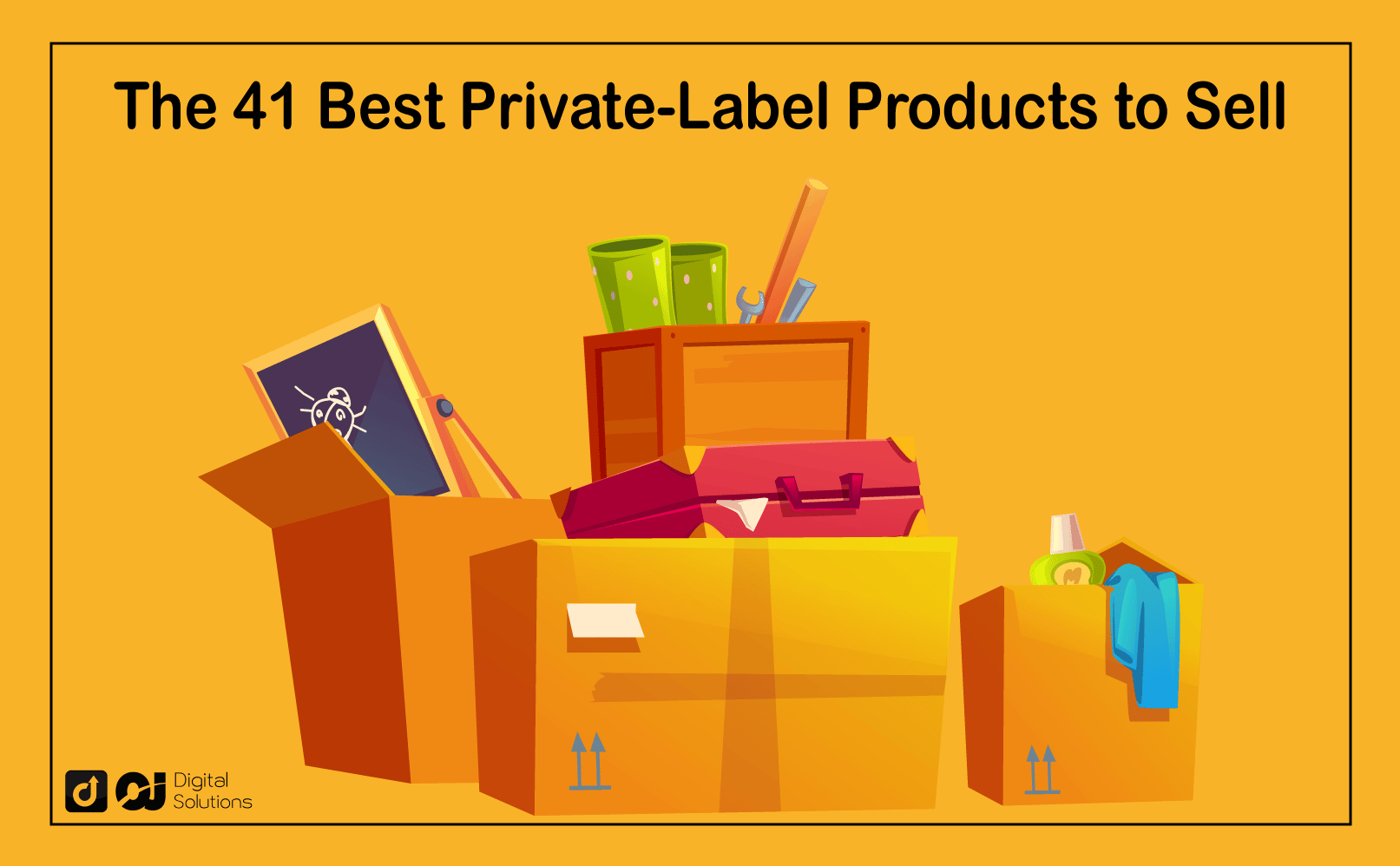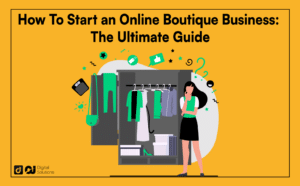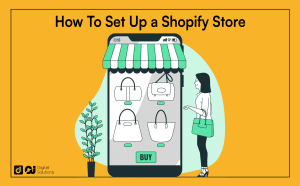Selling private-label products is an excellent route to online retailing success.
Private-label selling offers significant profit margins and helps you learn the ropes of selling.
However, considering which private-label product to sell can be overwhelming with so many products on the market.
Don’t worry because I can help you.
I’ve compiled a list of 41 private-label product ideas to give you an idea of the best things to sell. I’ll also discuss how to start a private-label brand.
Let’s begin.
What Is Private-Labeling?
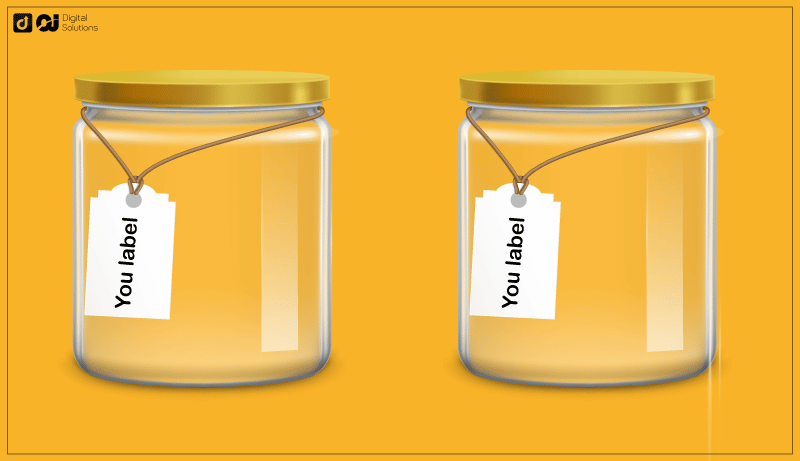
Private labeling is a business model where you sell products that a third party technically manufactures.
Your branding appears on the products; customers don’t see any trace of the third-party manufacturer on the labels.
For example, Starbucks roasts the coffee Costco’ sells under the Kirkland Signature brand.
Private labeling is less expensive than manufacturing a product in-house because you don’t have to worry about manufacturing costs.
Private labeling requires a detailed contract explaining product requirements.
The manufacturer makes the product according to the retailer’s specifications, including having the retailer’s logo and other identifying features.
When a manufacturer has private-label agreements with other retailers, they can make identical modifications to the generic items like any other brand.
For example, Old Navy could offer the same shirt at Target stores under “Target Exclusive Brand.”
Private labeling provides more customization, so manufacturers often require higher minimum order quantities and longer lead times.
How Does Private Labeling Work?
Private labeling lets you avoid investing in production equipment because you can outsource your manufacturing needs to private-label manufacturers.
These manufacturers have the machinery for high-volume manufacturing.
You and your private-label partner sign a contract detailing how you’ll work together and make money. This contract also gives you (the private-label business owner) the right to legally sell the products under your brand name and trademark.
Manufacturers give private-label brands complete creative control over every aspect of the product, including the product name, design, ingredients, production method, and packaging.
Selling private-label products can be an excellent way for small businesses to save money without sacrificing quality.
41 Best Private-Label Products to Sell
Start your private-label brand with these trending private-label products.
Cosmetics
Selling cosmetics can be a lucrative private-label idea.
Everyone wants to look their best, so people always seek the newest beauty products to try out.
However, manufacturing cosmetics is expensive, and you wouldn’t want to risk your money on a product that may not sell well.
Enter: private labeling.
You can partner with a manufacturer to create a private-label brand of cosmetics with your brand name and packaging design.
Here are examples of popular cosmetics.
- Tinted lip balm
- Moisturizing creams and lotions
- Scrubs
- Cleansing facial wipes
- Shimmer eyeshadow
Clothing
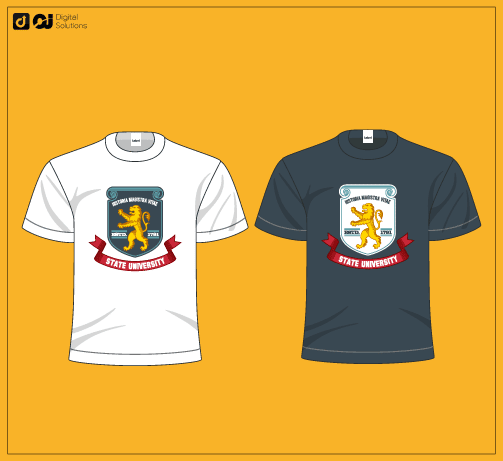
Clothing can be one of the most lucrative private-label product ideas because you can target different audiences, each with distinct tastes and preferences.
Here are some popular clothing categories for private-label sellers.
- T-shirts
- Hoodies
- Dresses
- Shirts
- Jackets
You can even sell wholesale from your website, allowing you to get higher sales volumes and profit margins.
Smart Backpacks
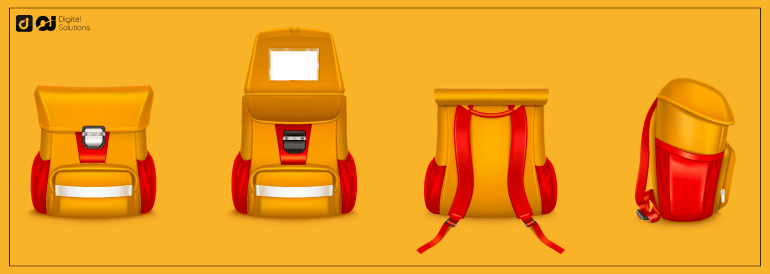
Smart backpacks are excellent if you want to sell private-label goods since they’re in demand. They’re a new trend that has taken the world by storm.
A smart backpack comes with USB charging ports and is perfect for students, professionals, and travelers.
Create unique smart backpack designs by adding different pockets or using vibrant colors. You can also customize these backpacks by adding your logo and brand name.
Phone Accessories
Selling phone accessories can be a profitable ecommerce business if you’re looking to sell your own private-label products.
Phone accessories are easy to source and have a ton of demand.
Here are examples of phone accessories you can sell.
- Smartphones and tablet cases
- Screen protectors
- Chargers and cables
- Headphones and earbuds
- Selfie sticks
- Portable speakers
Luggage and Travel Accessories
Luggage and travel accessories have plenty of demand.
Here are some items you could sell via your ecommerce business.
- Suitcases, backpacks, duffel bags
- Toiletry and shoe bags
- Passport covers
- Travel pillows
- Adapter plugs
- Luggage tags
Workout Equipment
Many people prefer working out at home because it’s convenient. These people need the appropriate equipment for a good workout.
Here are examples of home workout equipment you can sell.
- Kettlebells
- Dumbbells
- Resistance bands
- Other fitness accessories.
Furniture
Selling private-label furniture is an excellent idea because it has considerable profit margins.
Start by looking for manufacturers that can supply unique furniture that’s difficult to find elsewhere.
Here are some of the most popular types of furniture.
- Beds
- Dressers
- Nightstands
- Tables
- Chairs and stools
- Cabinets and chests
Eyewear
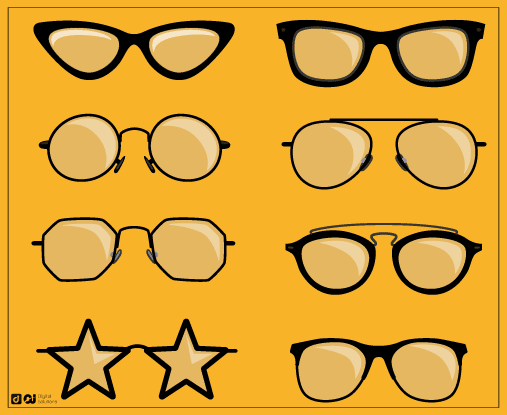
Selling private-label eyewear is another excellent online business idea.
You can carry a wide range of sunglasses and eyeglass frames.
Your target audience will often buy more than one pair because they want to be able to change their styles.
Electronics
Starting a private-label electronics brand is another excellent online business idea.
You can find various products to sell, from cell phones to tablets, computers, and other electronics.
The best part about selling electronics is there’s such a huge market. People use various electronics daily, meaning they’ll likely purchase new devices every few years as technology advances.
Here are some of today’s most popular electronics.
- Tablets
- Laptops
- Desktop computers
- Smartphones
- Smart TVs
- Video game consoles
Conduct product research to determine the needs and preferences of your target audience.
Storage Products
Private-label storage products can include baskets, bins, containers, and organizers. The material of these products is often plastic, but some are wood or metal.
Storage products are versatile, giving you various ways to promote them.
You can sell storage products in a wide range of sizes, from small items like baskets and bins to large items like chests and toolboxes.
Organizational Items
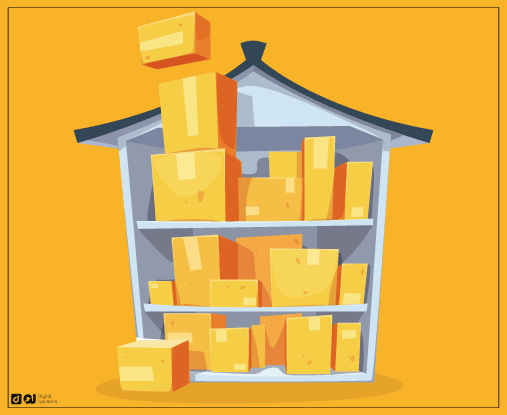
Sell white-label organizational accessories to provide customers with ways to tidy up their homes or offices.
Here are some items you can sell.
- Storage bins
- Dresser drawers
- Folding clothes racks
- Desk organizers
- Binders
There are many other organizational items you can sell. What you choose to sell depends on your product research and your target market’s preferences.
Home Decor
This private-label product is an evergreen category with considerable profit margins. You can sell any home decor, from throw pillows to curtains.
Health & Wellness
Selling health and wellness products is another profitable way to start your own ecommerce business.
This category is very competitive, so choose your product carefully. It should be unique enough to differentiate yourself from others but still have broad appeal.
Toys
Toys are ideal private-label products to sell online because they have high-profit potential and are simple to manufacture in bulk quantities.
However, toys are seasonal. You can stock up during offseasons when prices are lower and resell during peak seasons such as Christmas when demand increases.
Gardening Tools
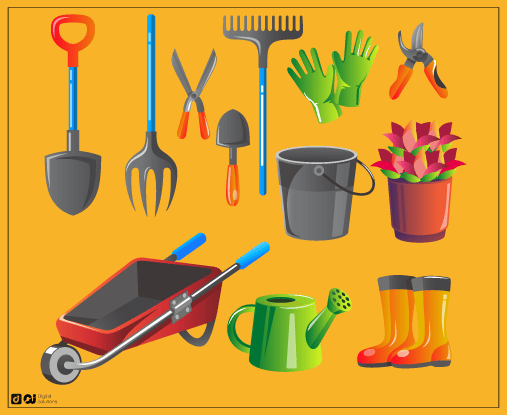
Gardening tools and accessories come in all shapes and sizes, so you have plenty of options for choosing which ones to sell.
Here are some ideas for gardening products you can sell.
- Hoses and watering cans
- Gardening gloves
- Trowels, pruning shears, garden forks
- Hedge clippers and trimmers
Fishing Equipment
Consider selling private-label fishing equipment and accessories. Many products are available, so choose the ones fitting your interests and budget.
Here are some items you can sell.
- Fishing poles and reels
- Fishing nets
- Bait and tackle
Shaving Equipment
Gillette and Schick dominate the disposable shaving equipment market.
However, other smaller companies are making shaving products without brand recognition or loyal customers.
Create an incredible yet affordable product to enter this market and build your brand!
Camping Gear
Camping gear is an excellent private-label product with good margins. It has low competition, and people always look for new camping gear.
Notebooks
Notebooks come in many styles, but one popular style is the bullet journal.
Bullet journals are calendars you can use to plan your day and create lists.
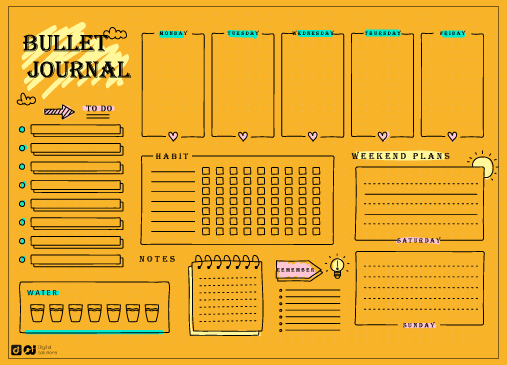
They can be as simple or complex as you want them to be, making them ideal for people who like to organize.
Water Bottles
Water bottles are popular with consumers and are one of those products you can sell in any season.
Grilling Accessories
People who like to grill want valuable tools that make cooking easier and more enjoyable.
Some grilling accessories you can sell include grilling gloves, brushes, and BBQ skewers.
Snacks
Snacks are excellent products because they tend to be inexpensive and straightforward to produce.
Consumers love them, and they’re always in high demand, regardless of the season.
Snacks you can sell include chips, crackers, beef jerky, fruit snacks, and more.
Dried Fruit
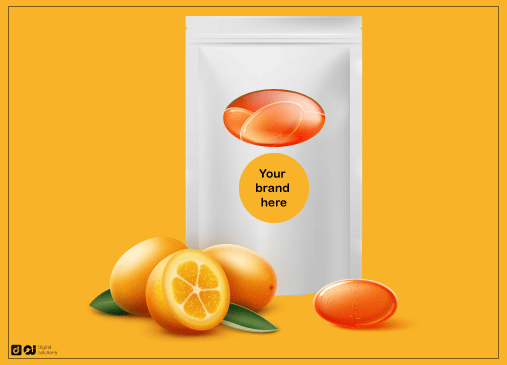
Dried fruit is another popular product category for private-label sellers because it’s inexpensive and lightweight, making it easy to ship.
Dried fruits are healthy alternatives to snacks like candy bard and chips with plenty of sugar and sodium. Some examples of dried fruits include raisins, dates, mangoes, apricots, apples, and bananas.
Footwear
Footwear makes an excellent private-label product because it’s easy to source. You can profit from footwear if you have a good brand.
Sneakers, boots, sandals, and flip-flops are great options for private labeling.
Pet Products
Pet supplies are ideal private-label products because they’re always in demand.
Pet owners love their pets and ensure their furry friends get the best care possible, creating an opportunity for you.
You can sell pet supplies in several ways, but selling them online is your best bet. Doing so will give you access to a global audience, which means more potential customers and sales.
Jewelry
Alibaba can help you find high-quality jewelry suppliers. You can customize jewelry designs and experiment with different materials and styles to see what works best.
Kitchenware
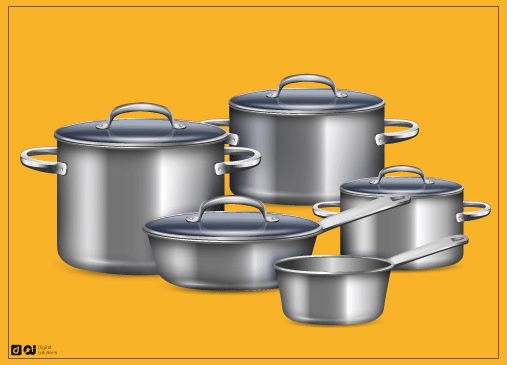
Depending on your target market’s tastes, you can sell cutlery, pots, and pans in various colors.
Cleaning products
The cleaning industry is one of the world’s biggest and most profitable industries. You can sell dish soap, laundry detergent, toilet bowl cleaners, floor polishing solutions, and more.
Gifts and Specialty Items
These items are always in high demand.
If you can find a supplier for gifts or specialty items, you could build a profitable private-labeling business.
Baby Products
Baby products are always in demand, and parents always look for the best quality items for their children.
Here are examples of baby products you can sell.
- Baby clothes and shoes
- Car seats and strollers
- Diapers and wipes
- Baby food
Automotive & Transportation
There’s plenty of potential in the automotive and transportation industry.
Car enthusiasts always look for new ways to improve their cars, motorcycles, and other vehicles.
You sell accessories such as floor mats, seat covers, and air fresheners.
Children’s Books
Children’s books are another popular category for private labeling.
You can sell bedtime stories, picture books, and early learning and educational books.
It’s an excellent opportunity if you have an unpublished children’s book with unique content.
Crafts
Crafts like knitted, painted, and other handmade items can be profitable. They tend to have a high markup due to the labor involved.
They also have a high perceived value because they’re not mass-produced like most items on the market.
Craft Supplies

Artists often buy supplies in bulk because it’s less expensive than individual purchases, presenting an opportunity for you to sell craft supplies.
Sell high-quality craft supplies to provide artists with the tools they need to pursue their passions.
Ring Light
The ring light comes in different sizes, so there are many ways to sell it. You could sell it as an individual item or bundle it with other products.
Hair Care
Many hair care products are available for private labeling. You can choose from dry shampoos, conditioners, styling gels and mousses, and more.
The best part about selling these products is that they’re individually packaged, making each unique.
Essential oils
Essential oils are one of the fastest-growing segments in the personal care industry.
Selling essential oils is an excellent way to start your own private-label business. They are in high demand, have a long shelf life, and you can sell them at a high margin.
Consumers look for natural, chemical-free products like essential oils to help them with their health and wellness goals.
Lunch Boxes
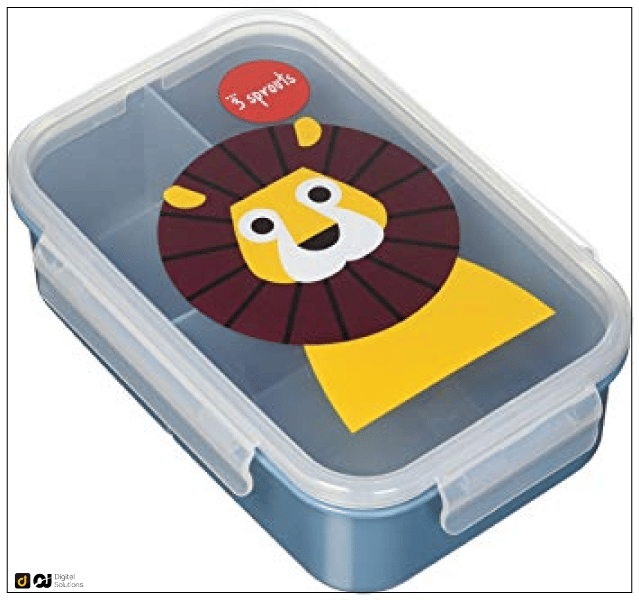
As a private-label seller, you can customize lunch boxes to appeal to your target audience.
For example, if you’re selling lunch boxes for children, you can make the designs more colorful and kid-friendly.
Wigs
Wigs could be the answer if you want a unique and profitable private-label product to sell.
There’s plenty of potential to selling wigs because people always look for new ways to change their hairstyle.
LED Lights
LED lights have become increasingly popular daily due to their energy efficiency and long lifespan.
They are also affordable, making them ideal if you want to enter private-label selling with a limited budget.
LED bulbs come in all shapes and sizes, from small single-bulb fixtures to large outdoor floodlights illuminating entire yards or buildings.
Here are some ideas for selling LED lights:
- Automotive LED Lighting
- Home-lighting systems (bulbs, fixtures, lamps)
- Ceiling fan lights
Coffee
Ground coffee and beans are popular products for private labeling. The seller can package them in various ways to appeal to consumer preferences and needs.
Where Should I Sell Private-Label Products?
Here are some places to sell private-label products.
Amazon
Amazon is an excellent place to sell private-label products due to its massive user base.
You’ll be able to set up your Amazon store and list your products in only a few minutes.
Amazon’s proprietary algorithm makes it easy for customers to find anything at any time. It also has several features allowing users to filter search results according to specific criteria, such as price range and availability.
Shopify
Shopify offers plenty of design freedom and various marketing tools.
You can also access many templates to create a professional-looking site with minimal design or coding skills.
It also allows you to use your domain name and sell on any marketplace that accepts Shopify, whether on your website or through other marketplaces like eBay or Etsy.
The Shopify App Store also makes adding tools to your store easy.
For example, if you want to sell clothes online, some apps allow customers get a virtual preview of how the clothes would look on them.
Social Media
You have direct access to potential customers who already know or trust you because they already have a relationship with you.
Another benefit of social media is its an extension of your online store. You can link your online shop to your social media account, where people can view your items.
Advantages and Disadvantages of Selling Private Label Products
The Advantages
Promotion and Marketing
Spreading the word about your brand is crucial when establishing a name in the marketplace.
Use your manufacturer to help with advertising.
For example, you can advertise that you only use suppliers that meet strict ethical sourcing and production guidelines.
By highlighting this fact, you can attract ethically-minded customers.
Cost-effective
Businesses must consider many factors when producing and selling a product.
Private-label selling is cost-effective because you don’t have manufacturing costs. You can also sell online, resulting in minimal overhead and increased profit margins.
Profitability and Price Control
Private labeling enables business owners to control production costs associated with production and the price of their products, helping to improve profitability.
Flexibility
Adaptability allows businesses to shift with the ever-changing market.
Private-label brands’ contracts with manufacturers give them access to an extensive product library.
Many private-label manufacturers also own a diverse assortment of factory equipment, allowing them to produce various goods.
Reduce the time and money you need to introduce a new product line by partnering with a reputable and reliable manufacturer.
Disadvantages
Delays
You may go to tremendous lengths to search for private-label manufacturers.
Finding the best private-label manufacturer for your needs requires time, patience, and research.
Looking for reliable manufacturers can push back deadlines, making it harder for you to earn money.
Minimum Order Requirements
Most private-label manufacturers dictate minimum order requirements before starting production.
You’ll have to meet their minimum order requirements to partner with a specific manufacturer.
There’s a risk of losing money when investing in a massive inventory of items that don’t sell.
Prevent loss by conducting extensive market research and consumer analysis before placing an order with your manufacturer.
Quality Misconceptions
Many believe that private-label products are of poorer quality than big-name brands.
Demonstrate the quality of your products with these strategies.
- Improve the quality of your packaging.
- Upload professional-quality photos to your online store.
- Promote your products in specific ways (ex., highlighting that you use the best-quality ingredients or materials).
How To Private Label a Product
Follow these steps to launch a private-label business.
Prepare a Business Plan.

You need to have a plan for your private-label business.
A business plan helps you set goals for your business, organize your thoughts, and stay motivated as you tackle challenges.
A vague idea of what you want to achieve isn’t enough—you must be specific.
For example, ask yourself these questions if you want to launch a clothing line.
- What kind of clothing do you want to sell?
- Who is your target market?
- How much should you charge for your private-label products?
- What marketing channels will you use?
- How much money do you need to launch the business?
- How many units do you expect to sell weekly or monthly?
These are just some of the questions your private-label business plan should answer.
Find Your Niche.
Market saturation and brand monopoly are two of the most challenging barriers to overcome when entering a market.
Finding private-label items that fill a gap reduces competition and makes market entry easier.
Conduct product research to determine which products customers believe have poor quality and develop a superior product.
Here are niches you can consider for your private-label business.
- Nutritional supplements
- Apparel
- Pet products
- Hair and body products
- Cosmetics
Decide on Your Branding.
You can avail of branding services from your manufacturer or work with a designer if you haven’t created a brand yet.
Study the market in-depth before deciding on your final brand name and logo to avoid infringing copyright.
Well-designed packaging, branding, and logo will aid your product’s success.
Search for a Reliable Private-Label Manufacturer.

Getting a private-label manufacturer for the product you want to sell can be challenging due to the countless options available.
You can find a reliable manufacturer by searching online private-label manufacturing directories. There are also online communities, local networks, and Reddit.
Contact your chosen manufacturer and ask about the manufacturing process and pricing. Ask for samples so you can judge the overall quality.
Some manufacturers will give you a free product sample, while others may charge a small fee.
Create an Online Store.

Bring your private-label brand to life by starting an online store.
Set up an account on one of the many ecommerce platforms suitable for small businesses and start selling.
Follow these tips when designing your online storefront.
- Use colors, fonts, graphics, and images that match your branding.
- Your store design should highlight your unique brand identity and personality.
- Use only high-quality photos for your store.
- Write compelling, detailed, creative product descriptions to convert visitors into paying customers.
- Be strategic with your pricing by ensuring you cover your costs and allow for a significant profit margin.
Launch Your Store.
Promote your store to drive traffic to it.
Use paid advertisements on Facebook, Instagram, Tiktok, and Google to improve your online visibility.
You should also implement strategies for search engine optimization (SEO), social media marketing, email marketing, content marketing, and client loyalty programs.
The Best Private-Label Manufacturers
SupplyMEDirect
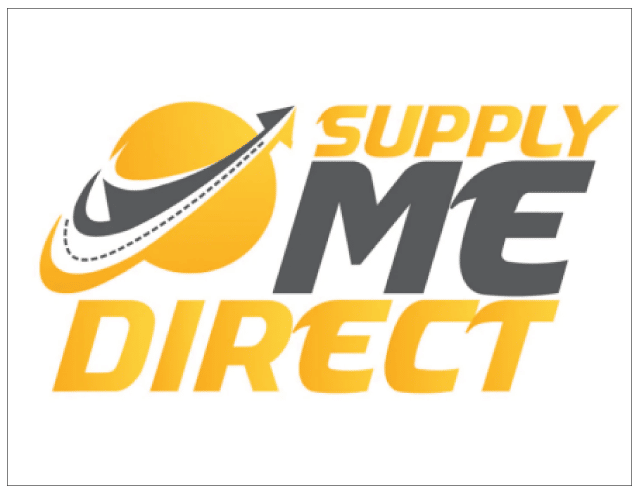
SupplyMeDirect is a Shopify app offering various products for private labeling.
Consider this supplier if you’re interested in trying out automated dropshipping.
AOP

AOP+ specializes in digital printing and producing high-quality products at low costs.
This supplier has a diverse selection of products and offers clothing and accessories for men, women, and children.
Here are some products you can get from AOP+.
- T-shirts
- Hoodies
- Hats
- Scarves
- Bags
- Phone cases
- Mugs
AOP+ prints all its products on demand and provides various customization options.
Apliiq
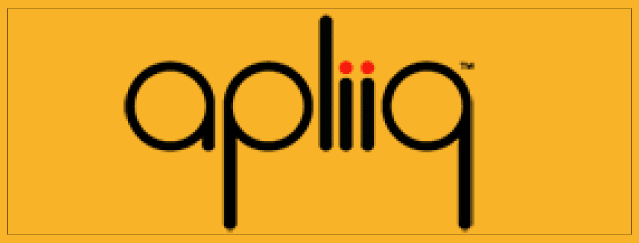
Apliiq is a US-based print-on-demand company that integrates with WooCommerce and Shopify.
This supplier helps you create your own brand by allowing you to upload photos, artwork, and logo designs to the Apliiq platform.
You can also choose from a wide assortment of fabrics, sizes, and colors to create the perfect apparel.
Private label business owners can sell their custom-designed apparel in a physical store, Apliiq’s website, or eBay.
Max Private Label
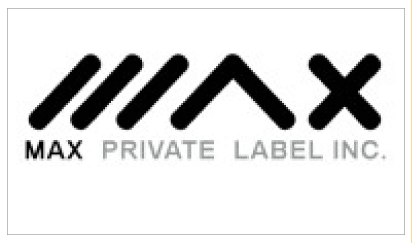
Max Private Label provides exclusive services to private labels in the cosmetics industry and specializes in personal care products for men, women, children, and pets.
This supplier has strict manufacturing standards to ensure they supply the best cosmetics to clients.
Max Private Label can develop your preferred products and help you launch a private-label cosmetics brand in the US.
Alibaba
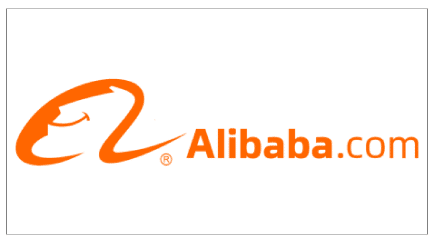
Alibaba has a vast directory of vendors willing to undertake private-label work for you.
Tell a supplier on Alibaba and your business, and they’ll send you a proposal.
NicheDropshipping
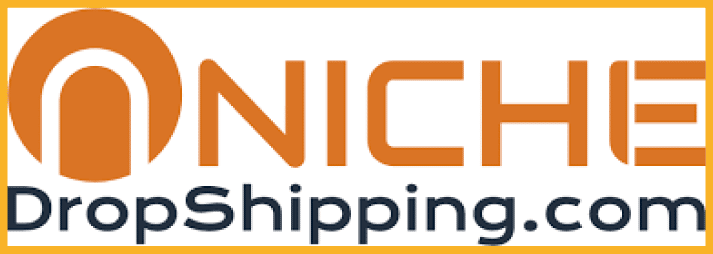
NicheDropshipping specializes in dropshipping, private labeling, fulfillment, and distribution.
This supplier makes private-label selling easy by simplifying the task of sourcing your products. You can order sample quantities of any product right away.
Partnering with NicheDropshipping to find ways to scale your business quickly and deliver unique goods to customers worldwide.
Thomasnet
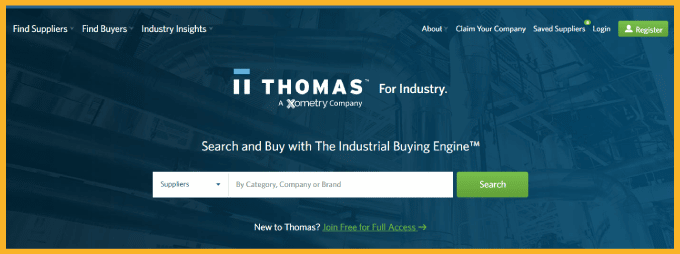
ThomasNet might be your best bet if you’re looking for private-label manufacturers who can meet your product requirements.
This supplier directory sorts private-label manufacturers by country and industry, making it easy to review and compare manufacturers.
You can filter your search by keywords, industry, or location. With data from over 1,000 global sources, ThomasNet is the most reliable resource for finding high-quality private-label manufacturers.
The Bottom Line
I hope my list of product ideas has inspired you to start your own brand of private-label products.
If you don’t think selling private-label products suits you, selling white-label products might be better. Learn the difference between white-label selling and private-label selling to know which option is best for your needs, budget, and goals.

